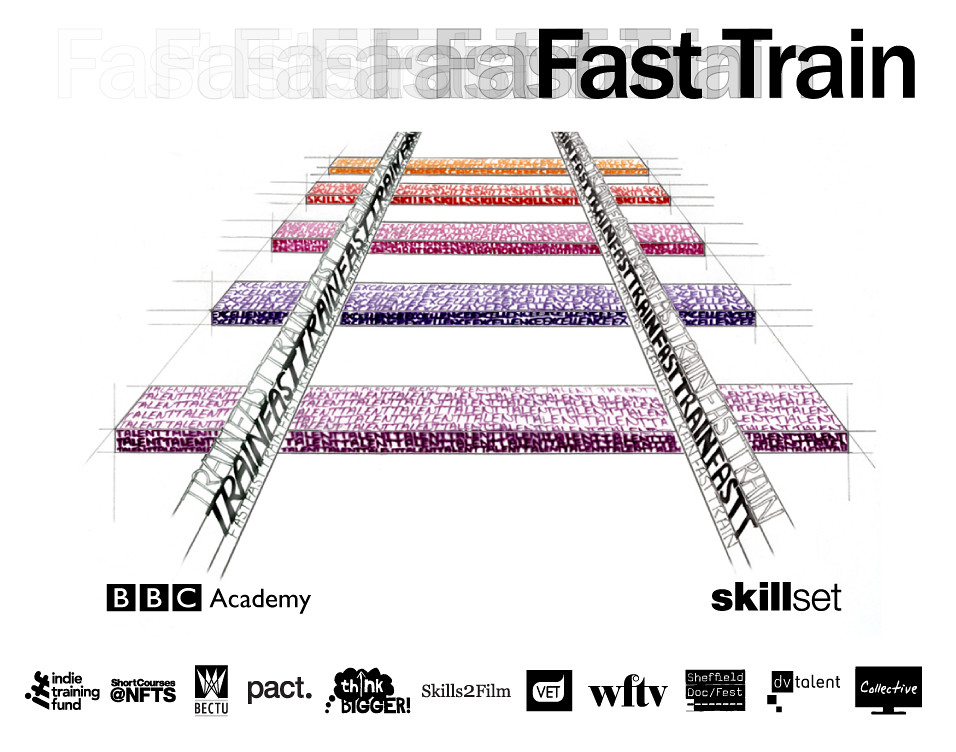Just a couple of days ago Olympus announced the latest addition to the Olympus PCM handheld recorder range. I have been supplying their LS 5 to many of my broadcast clients for a while now and it has proved very reliable out in the field. This new LS-100 looks as if it will become my replacement handheld recorder of choice. Lets see what Olympus have to say about it...
Size it up
The LS-100 is the first and currently only model in the Olympus LS range to boast dual XLR/Phone combo jacks (with 48/24V Phantom Power Supply). These enable instruments and professional external microphones to be plugged directly into the unit. The interface is equipped with an independent instrumentation amplifier, ensuring that low noise, high signal/noise (S/N) ratio recordings can confidently be made – even when using long leads. Levels for the left and right channels can be independently adjusted according to the requirements of the attached instruments thanks to the integrated recording level dial.
The LS-100 is the first and currently only model in the Olympus LS range to boast dual XLR/Phone combo jacks (with 48/24V Phantom Power Supply). These enable instruments and professional external microphones to be plugged directly into the unit. The interface is equipped with an independent instrumentation amplifier, ensuring that low noise, high signal/noise (S/N) ratio recordings can confidently be made – even when using long leads. Levels for the left and right channels can be independently adjusted according to the requirements of the attached instruments thanks to the integrated recording level dial.
On cue for multi-track recording
Whether wanting to record in just one take or wishing to take advantage of the versatility multi-track recording offers, the LS-100 provides the power and flexibility to meet all demands. Up to eight tracks are at users’ disposal. Each can be separately volume adjusted and panned, then mixed down to create the complete composition.
More intelligent functions to bring music to your ears
Overdubs are also in the repertoire of the LS-100, allowing sound recording to take place over the original sound while simultaneously monitoring it. Meanwhile, the Playback Synchro Recording feature enables recording of an additional track while listening to another.
Overdubs are also in the repertoire of the LS-100, allowing sound recording to take place over the original sound while simultaneously monitoring it. Meanwhile, the Playback Synchro Recording feature enables recording of an additional track while listening to another.
The first vital sounds of a recording will never be missed either thanks to the innovative Pre-Recording function, which lets the two seconds prior to hitting the record button to be captured. Additionally, with Voice Sync, users can set the LS-100 to automatically commence recording to file once sound hits a certain level. Index marks can also be placed at specific points on a track letting particular sections to be located more easily later on. And various repeat modes, including A-B Repeat, allow users to listen to precise track sequences at will.
Digital metronome and tuner features ensure that the timing of tracks is nothing less than perfect and instruments are always in tune. Users can also invoke the Lissajous function, which detects and displays the phase difference between the left and right external microphones from the sound source on the 5.1cm (2.0”) backlight LCD. Files are saved to the internal 4GB memory or on SD (up to 2GB) / SDHC (up to 32GB) / SDXC (up to 64GB) cards.
The durable and compact Olympus LS-100 Multi-Track Linear PCM recorder bestows musicians and broadcasters a high performance, mobile multi-track recording studio to fulfil all their needs – from a single track to a complete composition – boasting highest possible audio qualities. Jam-packed with cutting-edge technology and ready-to-use hands-on features, this metal-bodied masterpiece will hit stores at a recommended price of €449 in February 2012.
LS-100 Multi-Track Linear PCM Recorder – Main Features:• Linear PCM (up to 96kHz/24bit) and MP3 file formats
• Multi-track recording (8 tracks)
• Overdubbing capabilities
• Playback Synchro
• Voice Sync recording
• Dual XLR/Phone combo jacks with Phantom Power Supply (48V/24V)
• Directional stereo microphones with 90° layout
• High quality, low noise amplifier circuitry with separate circuit boards for audio and system – each with independent power supply
• Up to 140dBspl sound pressure
• 20-20,000Hz frequency characteristics with built-in microphones
• High signal/noise (S/N) ratio
• Low-cut filter (300/100Hz)
• Pre-Record buffer
• Metronome, tuner and lissajous functions
• Indexing function
• File editing
• File transfer and copying
• MP3 convert
• CD Writing function to burn composition to external CD drive
• 4GB internal memory and SD/SDHC/SDXC card slot
• 159 x 70 x 33.5mm, 280g (incl. battery)
• Includes: USB cable, USB/mini USB converter connector, strap, AC adapter, LI-50B rechargeable battery, case
• Multi-track recording (8 tracks)
• Overdubbing capabilities
• Playback Synchro
• Voice Sync recording
• Dual XLR/Phone combo jacks with Phantom Power Supply (48V/24V)
• Directional stereo microphones with 90° layout
• High quality, low noise amplifier circuitry with separate circuit boards for audio and system – each with independent power supply
• Up to 140dBspl sound pressure
• 20-20,000Hz frequency characteristics with built-in microphones
• High signal/noise (S/N) ratio
• Low-cut filter (300/100Hz)
• Pre-Record buffer
• Metronome, tuner and lissajous functions
• Indexing function
• File editing
• File transfer and copying
• MP3 convert
• CD Writing function to burn composition to external CD drive
• 4GB internal memory and SD/SDHC/SDXC card slot
• 159 x 70 x 33.5mm, 280g (incl. battery)
• Includes: USB cable, USB/mini USB converter connector, strap, AC adapter, LI-50B rechargeable battery, case
Its just a shame we will have to wait until February 2012 to get our hands on one.




























